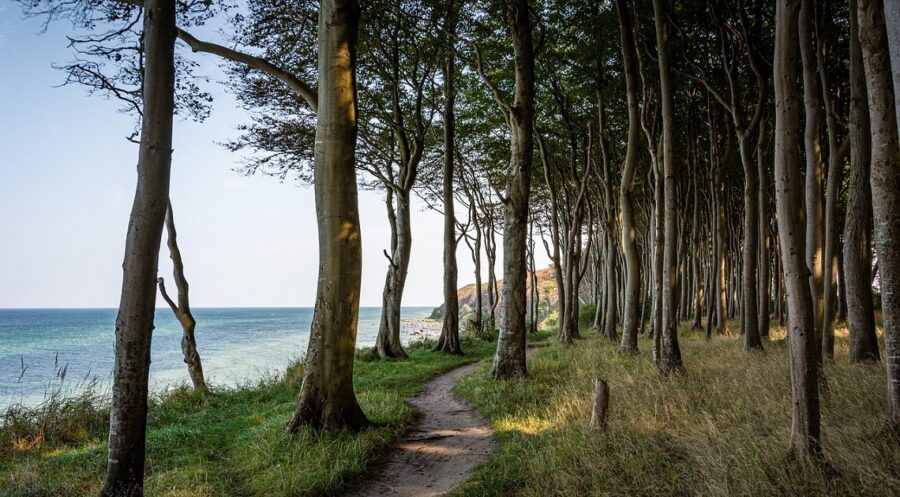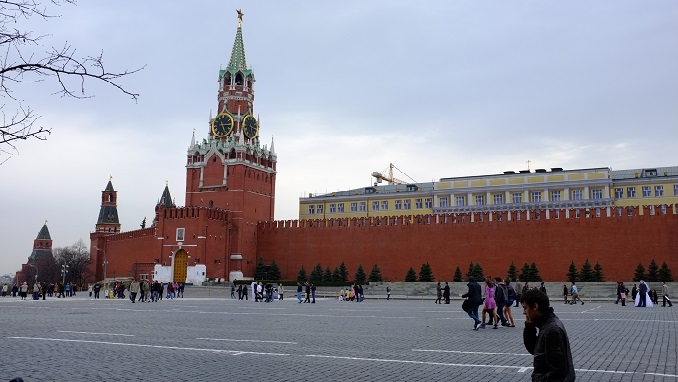As a gift from 27 EU Member States to the people of the Republic of Karakalpakstan, the European Union (EU) planted 27,000 trees on the parched seabed of the Aral Sea, a press release from the EU Delegation to Uzbekistan states.
This program aims to aid Uzbekistan’s government in its efforts to turn Karakalpakstan’s Aralkum Desert and surrounding communities into a forest.
Millions of people who reside in the area have been impacted by the Aral Sea disaster. The health and socioeconomic situations of the local population deteriorated as a result of land degradation, a lack of clean drinking water, and biodiversity loss.
The EU backs a number of Uzbek initiatives aimed at rebuilding the catastrophe area. Since 2020, the EU has contributed more than 5 million euros to the UN Multi-Partner Human Security Trust Fund for the Aral Sea Region to support programs for the provision of clean drinking water, the creation of sustainable business ventures, the study of the biodiversity of the seafloor, and the renovation and outfitting of medical facilities.
On a study mission to Karakalpakstan in April 2022, more than 30 representatives of the EU, its Member States, and the Republic of Uzbekistan’s governmental agencies visited regional project locations of the UN Multi-Partner Human Security Trust Fund.
The EU had promised to help reforest the area during this visit, and the EU Ambassadors planted the first set of saplings in Muynak and at the “Cemetery of Ships.” The planting was later finished as a part of the government’s “My Garden in the Aral Sea” project by the International Innovation Center for Aral Sea Basin (IICAS), which is overseen by the President of the Republic of Uzbekistan.
Desert plants like saxaul and qandym, as well as decorative trees like catalpa, mulberry, ash tree, elm, and Japanese sophora, which are all adapted to the local climate, are among the species of trees that have been planted.



